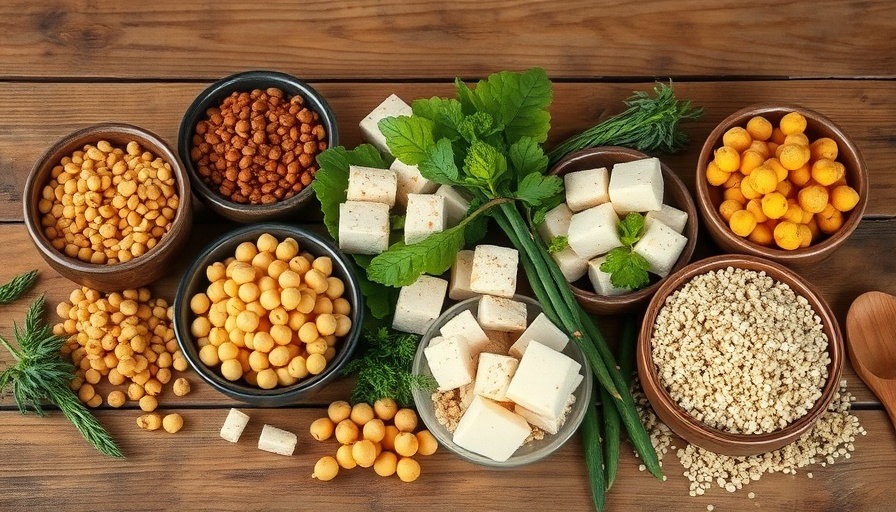
Understanding Inflammation and Its Impact on Health
Inflammation is a term we hear frequently, often associated with various health issues. But what exactly is it? Inflammation is the body’s natural defense mechanism, activated in response to injury or infection. While short-term inflammation is helpful for healing cuts and bruises, when it becomes chronic, it can lead to a host of serious conditions such as heart disease, diabetes, and autoimmune disorders.
Why Diet Matters in Managing Inflammation
Research has increasingly underlined the significant role diet plays in either exacerbating or alleviating inflammation. The modern diet, often filled with processed foods, added sugars, and unhealthy fats, can promote inflammatory responses. On the other hand, a nutrient-rich, whole-food-based diet can help combat this issue. Embracing an anti-inflammatory diet is not just about preventing chronic diseases; it’s about enhancing our overall quality of life.
Essential Foods for an Anti-Inflammatory Diet
So, what does an anti-inflammatory diet look like? Here are some key components to include:
- Fruits and Vegetables: Berries, leafy greens, and cruciferous vegetables are packed with phytonutrients and antioxidants, helping to battle inflammation. The vibrant colors in these foods signal their rich nutrient content.
- Healthy Fats: Omega-3 fatty acids from sources like salmon and walnuts and monounsaturated fats from olive oil are crucial. These fats not only reduce inflammation but also support brain health.
- Whole Grains: Instead of refined grains, opt for whole grains like quinoa and oats. They are full of fiber and essential nutrients that can help lower inflammation levels.
- Plant-Based Proteins: Include lentils, chickpeas, and tofu in your meals. These proteins are not only beneficial for reducing inflammation but also support a sustainable diet.
- Spices and Herbs: Ingredients like turmeric and ginger not only add flavor but also possess powerful anti-inflammatory properties.
Hydration and the Role of Beverages
Hydration is often overlooked in discussions about diet. Drinking green tea, rich in antioxidants, can bolster your anti-inflammatory efforts. Always keep your water intake high to support overall bodily functions and help flush out toxins.
Foods to Avoid for Optimal Health
While increasing anti-inflammatory foods, it’s important to limit the intake of certain items that can lead to heightened inflammation:
- Processed Foods: Snack items like chips and pre-packaged meals often contain unhealthy additives and trans fats.
- Refined Sugars and Carbs: Foods high in sugar can lead to spikes in blood sugar, ultimately increasing inflammation.
- Fried Foods: These are typically loaded with unhealthy fats that can exacerbate the inflammatory response in your body.
Embrace a Balanced Approach to Nutrition
Adopting an anti-inflammatory diet is not just about restrictive eating; it's about focusing on a wide variety of wholesome foods that can enhance your health while still being enjoyable. It's a lifestyle change that calls for gradual adjustments rather than a complete overhaul. Incorporating small changes, such as adding a serving of leafy greens or swapping out a sugary drink for green tea, can make a significant difference over time.
Your Path to Wellness Starts Here
The journey toward optimal health through an anti-inflammatory diet is not only beneficial; it's also empowering. Understanding which foods can harm or heal can foster a deeper connection with your diet choices. This insightful approach to eating allows you to take control of your health, providing tangible benefits that go beyond simply addressing inflammation.
So why not start today? Explore your local grocery store or farmers market to discover fresh fruits and vegetables, experiment with whole grains, and try out new recipes that include anti-inflammatory ingredients. Making these thoughtful choices is a powerful step toward a healthier you!
 Add Row
Add Row  Add
Add 




 Add Row
Add Row 


 Add
Add
Write A Comment